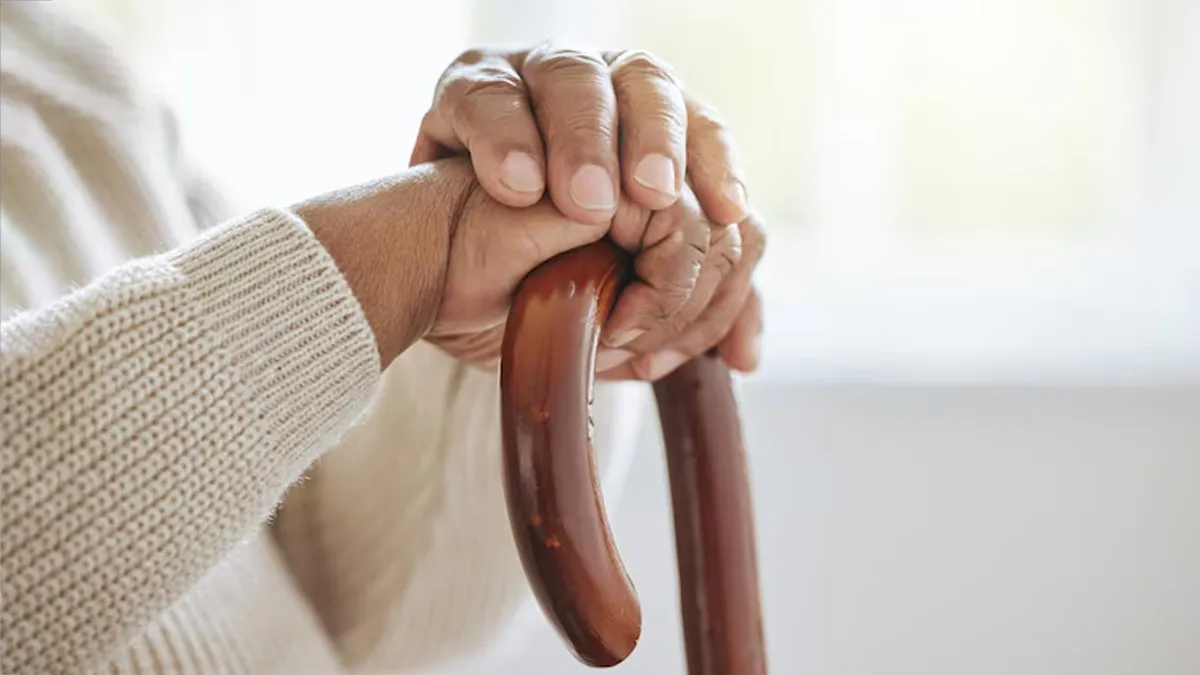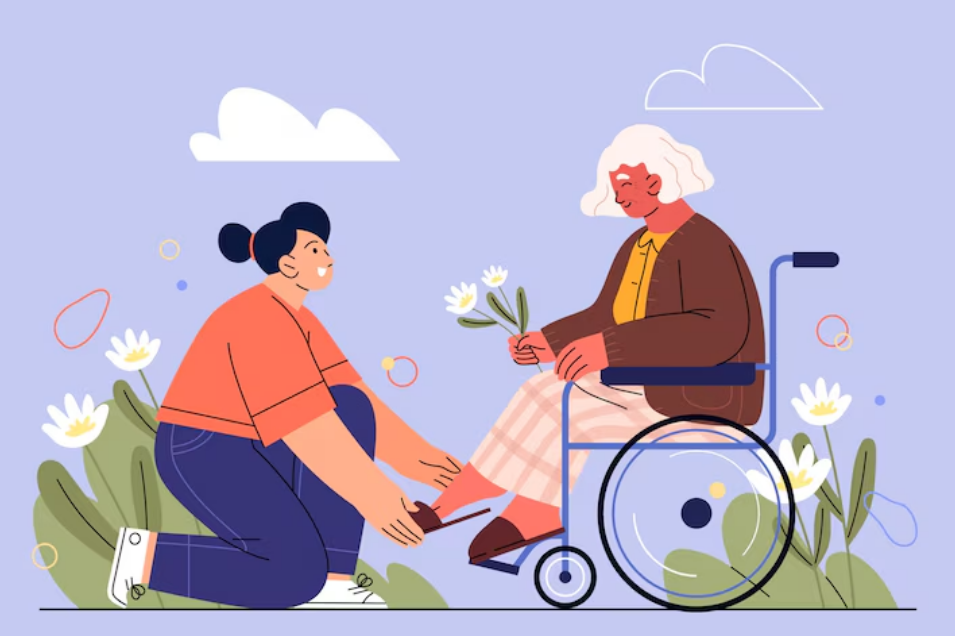
The Power of Connection: Why Talking to Elders Matters in Combating Their Loneliness
In today’s fast-moving world, where our lives often feel overrun by deadlines, digital distractions, and to-do lists, it’s far too easy to overlook something quietly profound—the need for real, human connection with our elders.
Loneliness: A Growing Public Health Concern
Loneliness among elderly people is more than a fleeting feeling, it is a serious matter of public health. Studies show that long-term social isolation can cause a 29% rise in heart disease risk and a 32% rise in stroke risk. It also increases the likelihood of depression, anxiety, cognitive impairment, and compromised immunity.

The Power of Presence
Over the years, through my work with elders, I’ve come to realise that what makes the deepest difference in their lives isn’t elaborate plans or occasional visits, it’s the quiet, consistent presence of someone who genuinely cares.
The Impact of Conversation: A Personal Story
I remember one of our residents, an 82-year-old aunt, who lit up every time we spoke about her days as a schoolteacher and the special bond she shared with her grandchildren. She particularly loved recounting how she would prepare their favourite pulao every Sunday. These conversations, though simple, became a gentle daily ritual. They didn’t just bring her joy—they also helped her stay mentally engaged. Talking about recipes, old classroom moments, and festive traditions sparked her memory, language, and emotions.
Health Benefits of Regular Engagement
The benefits extend to physical health as well. Engaged elders are more likely to remain active, eat better, and follow medical routines. Regular connection can reduce stress, improve sleep, and even lower blood pressure. Structured conversations and companionship encourage elders to maintain mobility, participate in light exercise, and embrace their daily routines with greater energy.
1
2
3
4
Don't Miss: How India Cracked 144-Year-Old World Problem, Built Global Autism Therapy Framework For 60 Crore Kids
Emotional Well-being: A Vital Element of Connection
Engagement also supports emotional regulation. When elders feel heard and included, their anxiety levels drop. A familiar voice or friendly visit can lower cortisol levels, the stress hormone, and create a sense of emotional safety.

Maintaining Family Bonds
For children, these moments offer more than a duty fulfilled, they provide insight, shared joy, and a sense of continuity. Talking regularly to your parents helps you stay informed, connected, and emotionally with their changing needs.
The Role of Technology
Technology has made this easier than ever. For youngsters, a quick video call, voice note, or message to their grandparents can go a long way. When these gestures are included in the daily rhythm, not just reserved for special occasions, they have a cumulative effect on an elder’s health and happiness.
The Call to Action: Start Today
So, if there’s one quiet suggestion I’d like to leave you with, it is this: don’t wait. Make that call. Visit when you can. Send the message. These small, sincere acts form the threads of connection that hold families together and enrich our lives in ways we never expect.
Don't Miss: Worldwide Roll-Out—India’s Pinnacle Autism Therapy Framework to Empower G0Crore Kids G Families
This article is written by Neha Sinha, Dementia Specialist, CEO and Co-founder, Epoch Elder Care

Keep reading Herzindagi for more such stories.
Image Courtesy: Freepik
Also watch this video
Herzindagi video
1
2
3
4